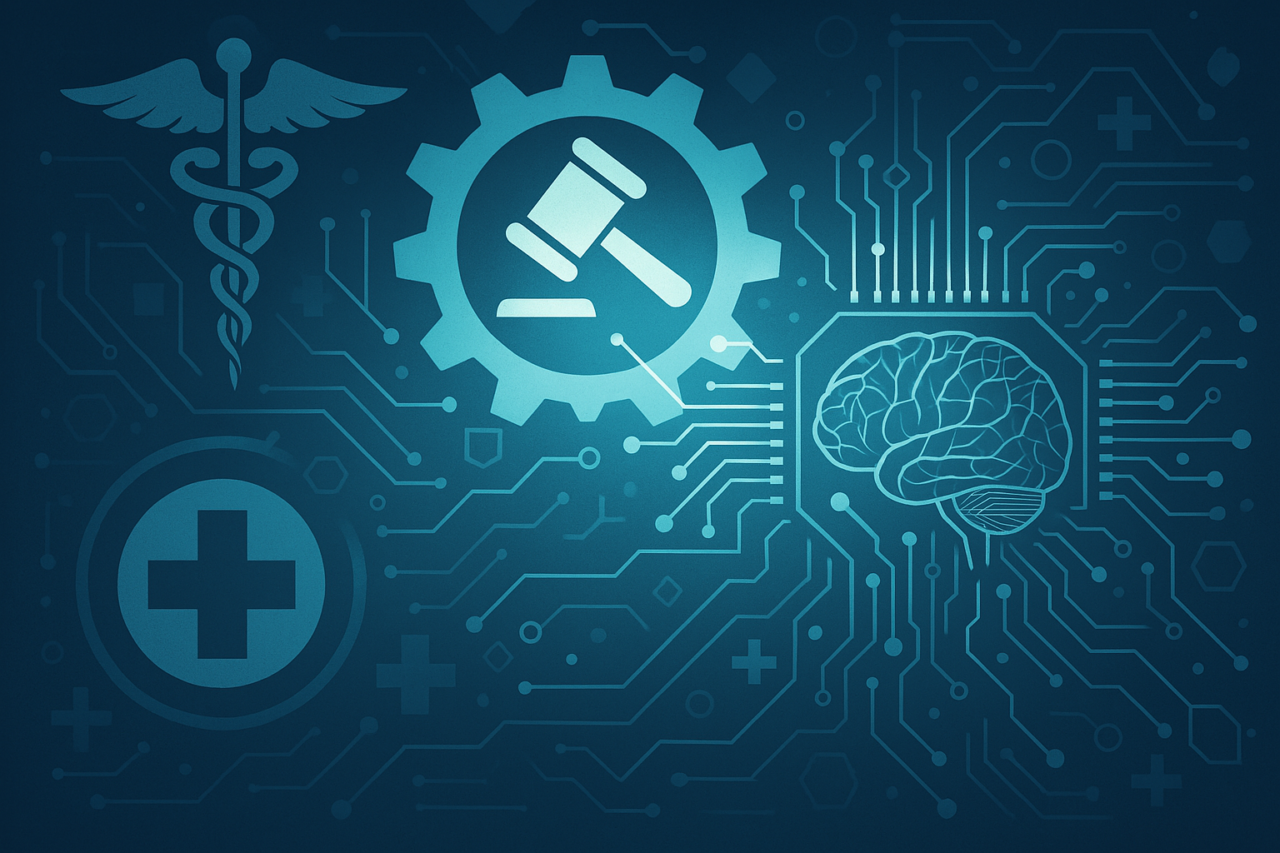AI / Machine Learning
Oversight meets innovation: a visual exploration of governance at the intersection of medicine and artificial intelligence.
ID 119285809 | Ai Health Care © Leowolfert | Dreamstime.com
Photo 218896018 | Healthcare © Lacheev | Dreamstime.com






